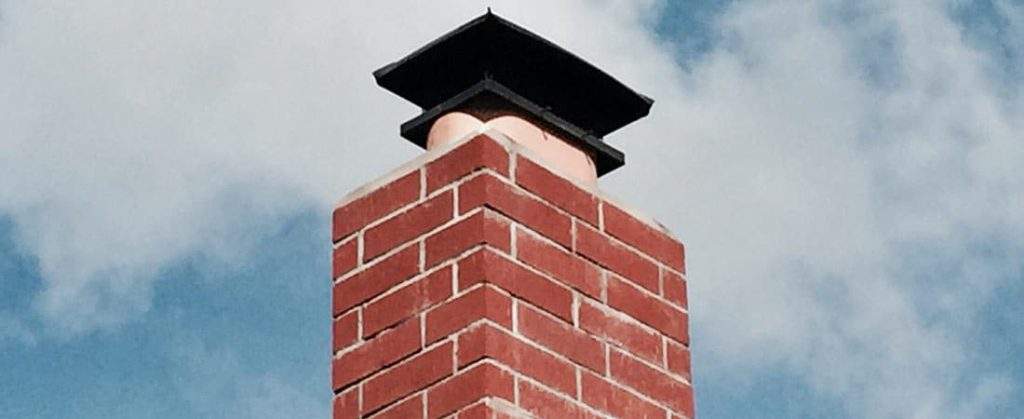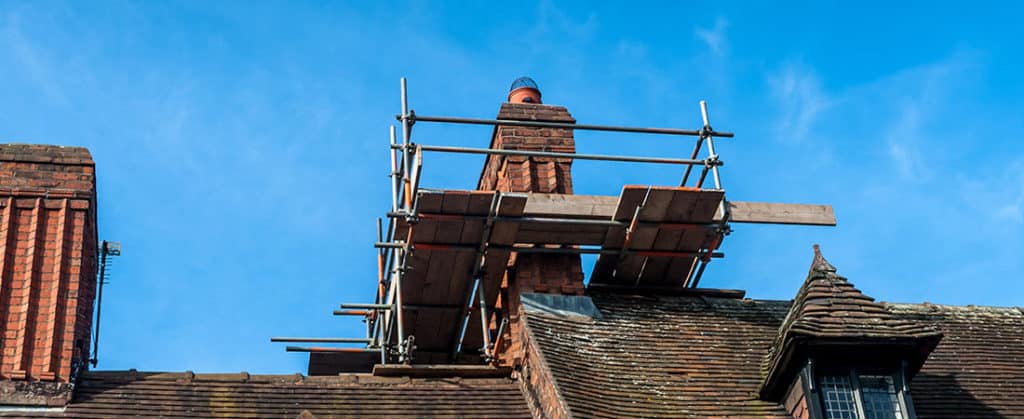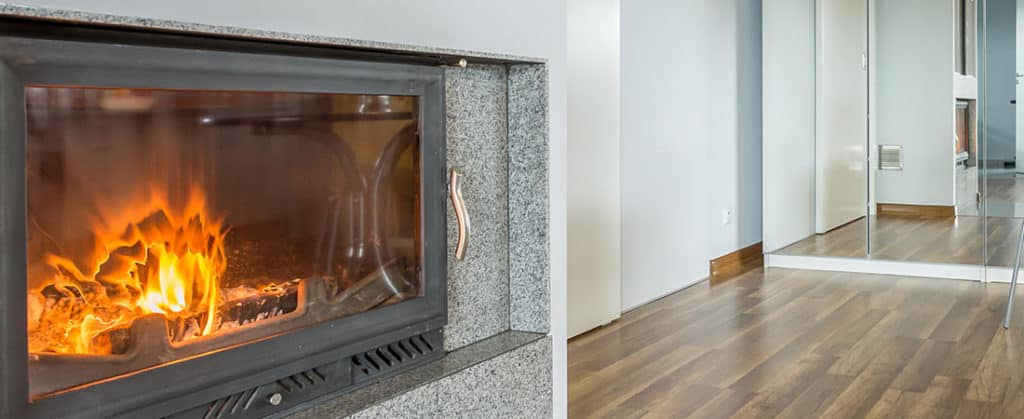Your fireplace is built to provide beauty and warmth. You can expect to not have any smelly odors coming into your home through the fireplace. However, bad smells can happen, and there are several reasons why. You can contact a chimney sweep to inspect your fireplace, but you must be aware of where these bad smells could be coming from. A lot of the issues that cause odor to get resolved when you contact professionals.
If you cannot really smell the odor, but other people in your home can, then you probably have to pay attention as well. You do not want your guests to smell something unpleasant when they come over to your place. Read on to know what those reasons might be.
Buildup of Creosote
In general, if your chimney has a tar or asphalt smell, it probably comes from a creosote buildup on the chimney walls. This is among the most common causes of a chimney odor, and creosote-related smells will normally get worse during the summer because people often turn on the air conditioner to fight humidity.
Animals
The sharp, sudden, rotting smells coming from your chimney could often be because of trapped animals. Birds, squirrels, raccoons, rats, and other small animals could end up in your chimney cap or other gaps. Unfortunately, when there are many animals that are unable to back out, they are left trapped inside.
While the live animals cause odors from their feces, urine, food, or nesting materials, a dead animal’s smell is overwhelming and it affects air quality. You must have them removed as soon as you find them to avoid bacteria exposure.
There is Negative Air Pressure
One of the main reasons odors go into homes is because of the fireplace’s negative air pressure. This problem mostly happens during the summer, after you have made improvements, like weatherizing, changing the vents, or after installing new windows, roof, kitchen exhaust fans, or bathroom exhaust fans. When you sell your home too tightly, even mild chimney odors could escape and go into your home instead of going up the chimney.
Excess Moisture and Water Intrusion
Do you notice musty odors? This is most likely an indication that there is water intrusion. The excess moisture and water leaks could be damaging to the chimney linings, cause rot and rust, and trigger decay and deterioration throughout the entire masonry, so if this causes chimney odors, you must address the problem right away.
The solution could be as simple as using a chimney cap or an installation of a top-mounter damper, but it could be a bigger problem.
Drafting
If your chimney is not drafting properly, gas, smoke, and chimney odors tend to linger inside your home. Smoky odors caused by drafting are normally there even long after you used the fireplace, especially during hot or windy days. Drafting issues are normally caused by a flue with an improper size; in case you installed a new fireplace or changed the source of fuels, the flue might need to be resized to prevent drafting.
Leaves
Leaves that fall inside your chimney and are left there can produce a rotting smell because they will decompose over time. Other debris can also end up in your chimney, which is another reason why you need a chimney cap, and it is a great accessory as well.
Water
Water can cause serious damage to the chimney’s masonry exterior and can cause odors as well. There will be a dank or damp smell that will come from your chimney.
You can contact chimney inspection Upper Marlboro to check what is causing the bad odor.



